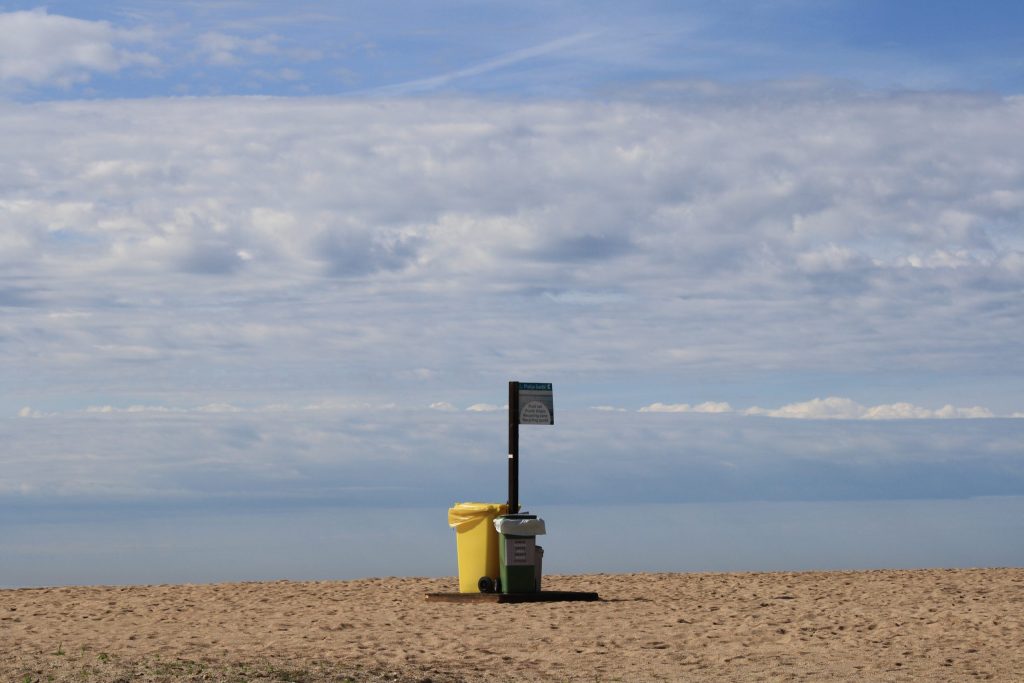In a world where climate change remains a growing concern, the link between waste management, resource optimisation, and global warming can no longer be ignored. Research suggests that proactive waste and resource management can limit global greenhouse gas (GHG) emissions by an impressive 15%-20%1. Yet, the global climate strategy often overlooks the waste and resource management sector. Making strides to rectify this oversight, the International Solid Waste Association (ISWA) is honoured to introduce the first-ever “Waste and Resources Pavilion” at COP28. In partnership with prominent entities such as the Global Methane Hub, Tadweer and Roland Berger, this pavilion is set to become a platform for conversations on circular economy, decarbonised waste management and environmental preservation in line with the Paris Agreement.
Carlos Silva Filho, President of ISWA, commented, “Heading to COP28 with the first-ever Waste and Resources Pavilion is an honour and an excellent opportunity to showcase the great potential of the waste and resources management sector to tackle GHG emissions. It is a direct result of the efforts conveyed by ISWA as a global platform to catalyse and accelerate collaborative actions and joint initiatives towards a clean, circular and low-carbon future.”
The “Waste and Resources Pavilion” aims to be more than just a hub of information—it is a call to action. As the world converges at COP28, ISWA and the sponsors urge policy negotiators, international bodies, national representatives, and the vibrant civil society spectrum to harness the potent solutions embedded within the waste and resource management sector.
Central to the agenda is the inclusion of these perspectives in the Nationally Determined Contributions (NDCs). This encompasses recognising the return on investment from directing resources towards research and global implementations in waste management. Additionally, there is an urgent need to address the broader implications – the ‘Triple Planetary Crisis’ – where waste and resource management not only tackles climate change but also combats air pollution and biodiversity loss. Furthermore, the emphasis lies heavily on investing and supporting both existing and emerging technologies, ensuring sufficient infrastructure to address the increasing volumes of waste and resources to be managed in the future.
As the threats of climate change intensify, governments across the globe are receiving a clear call to place sustainable waste and resource management at the forefront of their agendas. However, mere acknowledgment is insufficient. To actualise these ambitions, a fusion of economic instruments is crucial to fund both climate mitigation and adaptation strategies.
Renowned for its endeavours to ensure a cleaner and healthier environment for Abu Dhabi’s residents, Tadweer’s sponsorship of the pavilion aligns perfectly with its vision of sustainable waste management and environmental conservation. Their active participation not only highlights the importance they place on global collaborations but also emphasises their leadership role in driving innovative waste management strategies in the region. By backing this pavilion, Tadweer continues to showcase its dedication to pushing the boundaries of environmental excellence, reaffirming its stance as a key player in the global push for a more sustainable future.
Eng. Ali Al Dhaheri, Chief Executive Officer of Tadweer, said: “Launching the Waste & Resources Pavilion is a crucial step to consolidate Tadweer’s efforts to address climate change. We are incredibly excited to partner with an established institution like ISWA in bringing the Pavilion to life. The latest Intergovernmental Panel Climate Change Report has revealed that the waste management sector could avoid the equivalent of almost 1.8 tonnes of emitted CO2 per year, a potential that has been notably absent from global discussion on greenhouse gases emissions. Our mission is to tap into this potential at COP28 with the Waste and Resources Pavilion. Our goal is not just to harness the potential of waste management as a tool for climate mitigation, but also to champion the development of circular economy practices that will divert our waste from landfills and lead us to a more sustainable future.”
The Global Methane Hub (GMH) joins the pavilion as a strategic partner. GMH is the largest international philanthropic initiative dedicated to addressing methane emissions from the energy, agricultural, and waste sectors which account for 96% of human-caused methane emissions. By backing the pavilion, GMH amplifies its support to ambitious catalytic investments, laying the groundwork for long-term transformation of challenging sectors, and delivering quick wins in sectors that are ripe for action on the ground.
A third strategic partner, Roland Berger, a global management consultancy firm, is at the forefront of global waste management and circular economy initiatives. Serving both governments and private sectors, the firm ensures the waste management sector continuously advances toward circularity. Roland Berger has stepped forward as a strategic sponsor for this pavilion, marking their commitment to promoting innovative and scalable solutions to global challenges. By supporting this pavilion, Roland Berger reaffirms its vision of melding business acumen with sustainability through informed decisions and strategic partnerships. The firm’s involvement is a testament to the vital role that the private sector plays in driving and supporting pivotal environmental initiatives. “The global community must come together, exhibiting unparalleled cooperation, to amplify public and private financial contribution for low-carbon waste management and resource technologies. This isn’t just a strategy; it’s an imperative for a resilient future,” Hani Tohme, Managing Partner, Roland Berger Middle East.


